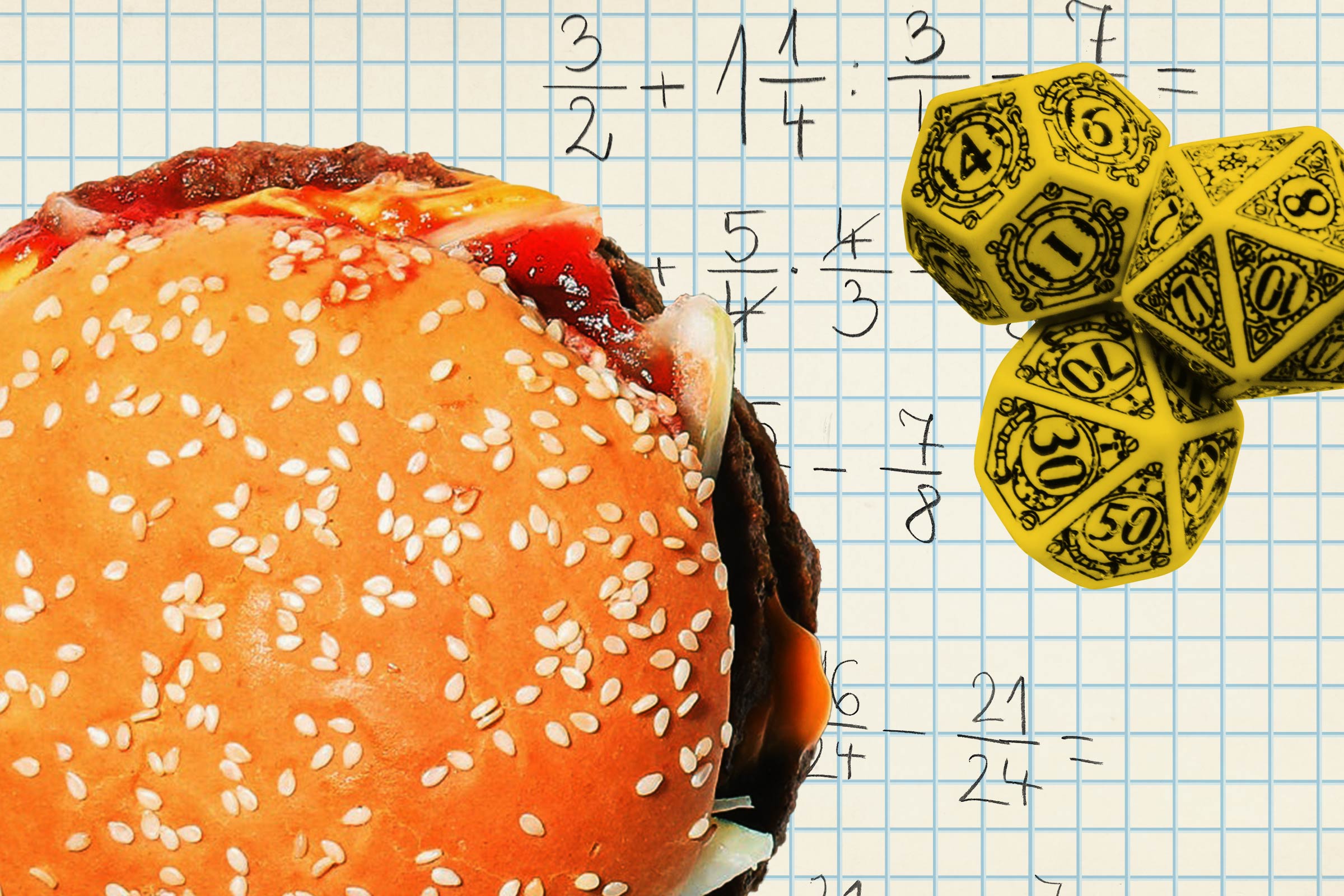Zimring said humans have still not learned to look at problems holistically.
“Setting aside the controversy regarding Dungeons & Dragons, people now claim that dark music and/or violent video games increase teen suicide, but it seems we haven’t learned our lesson because instead of saying, ‘All right, well, let’s look at these factors and take into account these probabilistic determinations,’ people jump right to a causal conclusion,” he said. “This is one example of a human tendency to ignore the whole fraction.”
Zimring offers several other examples in his book to prove this point. One is the sad tale of a massive marketing flop by A&W Restaurants, which thought it had a home run.
The burger joint set out to take on one of MacDonald’s’ signature sandwiches, the Quarter Pounder. A&W’s burger tasted better in blind taste tests. It cost less. It was bigger. They called it the “Third Pound Burger.”
It bombed. A market postmortem would reveal why. “The best they could determine was that people didn’t want to buy it because they thought that a third of a pound was less than a quarter pound because three is less than four,” Zimring said.
However, this human shortcoming of failing to consider statistical data when trying to understand a situation does have a good side, he said. It lies in something called heuristics – a cognitive framework humans rely upon to make quick, though sometimes imperfect, decisions.
“You can’t pay attention to every leaf blowing in the wind as you’re driving,” Zimring said by example. “But if one of those leaves suddenly explodes and bursts into flames, you should probably pay attention to that. We use heuristics to allow our brains, which are limited, to process information quickly enough that we can actually navigate the world in real time.
“We sacrifice the more logical reasoning systems for these shortcuts because they let us get by and they usually work,” Zimring said. “It's just that when they fail, they can fail disastrously.”






